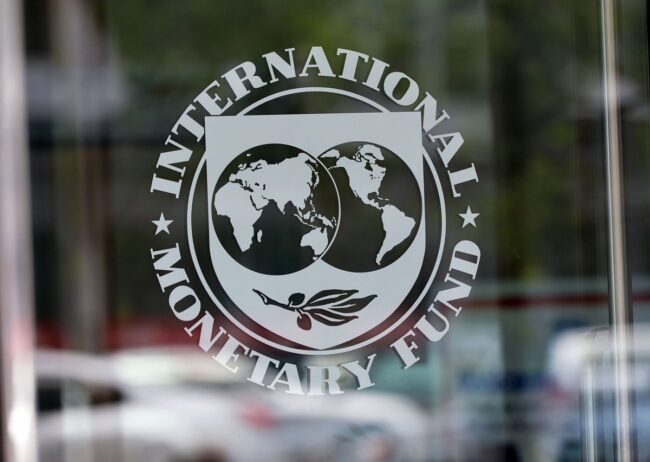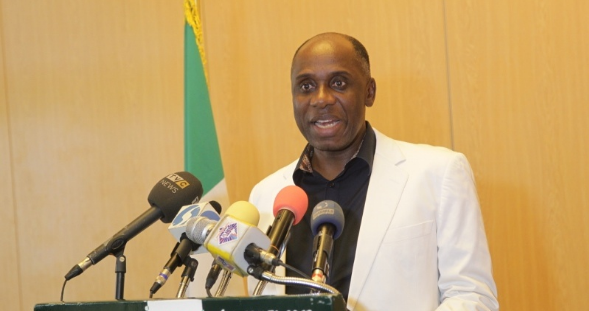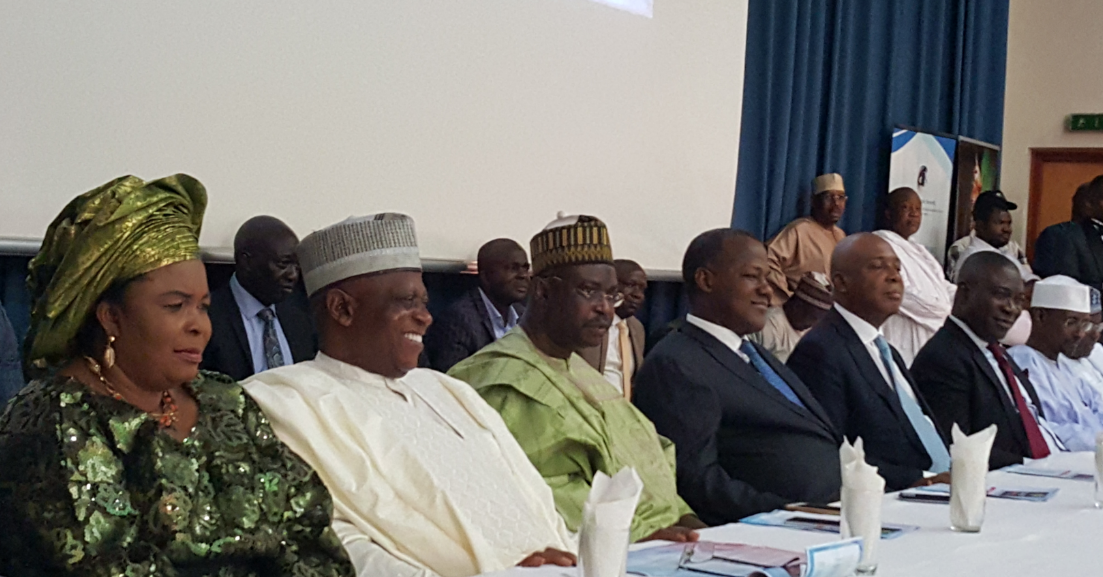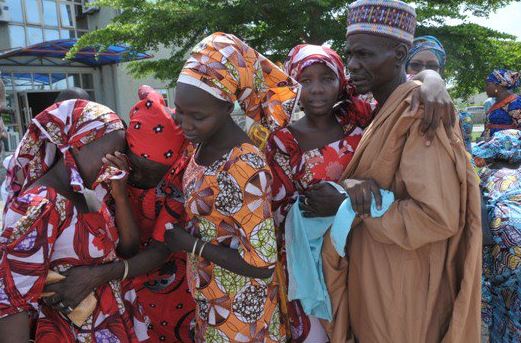The International Monetary Fund (IMF) has reviewed it stance on the economy of South Africa, for the 2017 fiscal year, stating that the economy will grow by one percent.
Earlier in the year, the IMF said Nigeria and South Africa, the largest economies on the continent will grow at a pace of 0.8 percent for 2017.
However, after its Article IV consultation to the country, the IMF staff team led by Paolo Mauro, which visited Pretoria, Johannesburg, and Durban from May 3 to May 16, said the economy will see improved growth due to an end of to its worst drought in a century.
“Following last year’s near-stagnation, there are signs that a modest improvement in the pace of economic growth is underway. The rate of real GDP growth is projected at 1 percent in 2017,” the IMF team said via a statement.
Advertisement
“The main factors underlying the pickup in economic activity this year are a resumption of solid agricultural production as the drought abates, and an increase in mining output prompted by a moderate rebound in the prices of South Africa’s commodity exports.
“The pace of recovery this year and the next is unlikely to prevent a further increase in unemployment and a continued decline in per capita incomes.”
The IMF said the country will have to battle “declining business and consumer confidence and rising impatience with longstanding inequalities” by “reigniting growth and rendering it more inclusive”.
Advertisement
“Under the current stance of monetary policy, headline inflation is expected to return only somewhat below 6 percent in the second half of 2017 and in 2018.
“In line with the inflation targeting framework, it would thus be appropriate for policy rates to remain on hold, and for the central bank to stand ready to increase rates if inflation expectations were to rise.
“With limited room for stimulus through macroeconomic policies, the priority to stimulate economic growth and job creation rests with structural reforms, notably in product and service markets and in the labor market.
“The focus should be on sectors that provide crucial inputs for most firms in the economy, such as power generation, telecommunications, transportation, and financial services for small-and medium-sized enterprises.”
Advertisement
In 2016, South Africa beat IMF predictions to avert recession by 0.6 percent in the second quarter, after shrinking by 0.1 percent in the first quarter.
Add a comment







